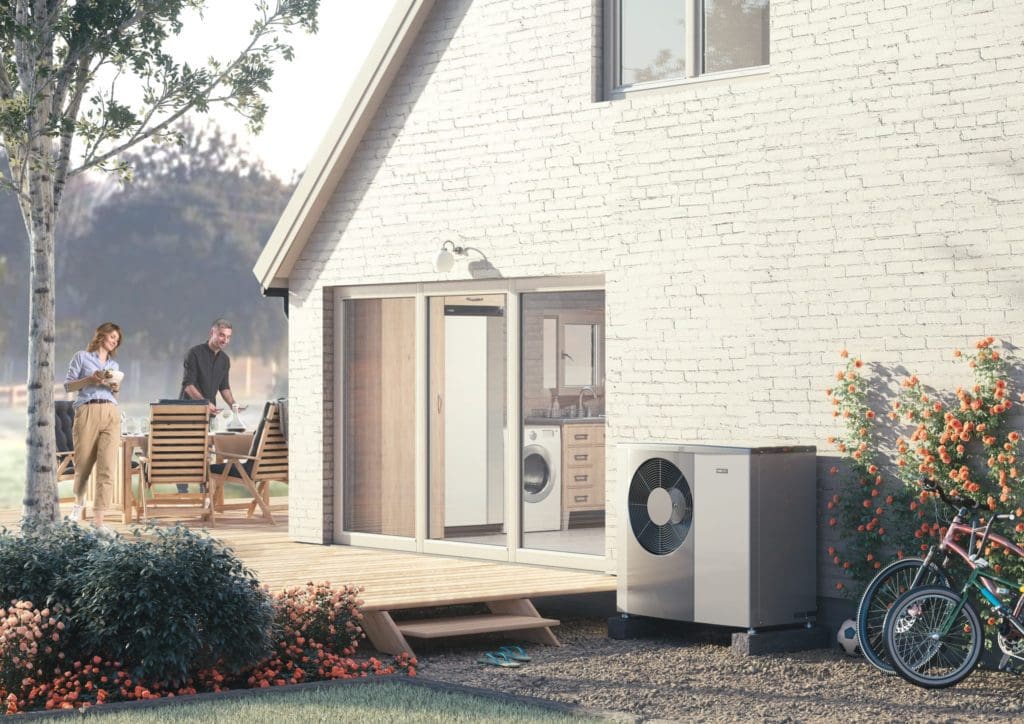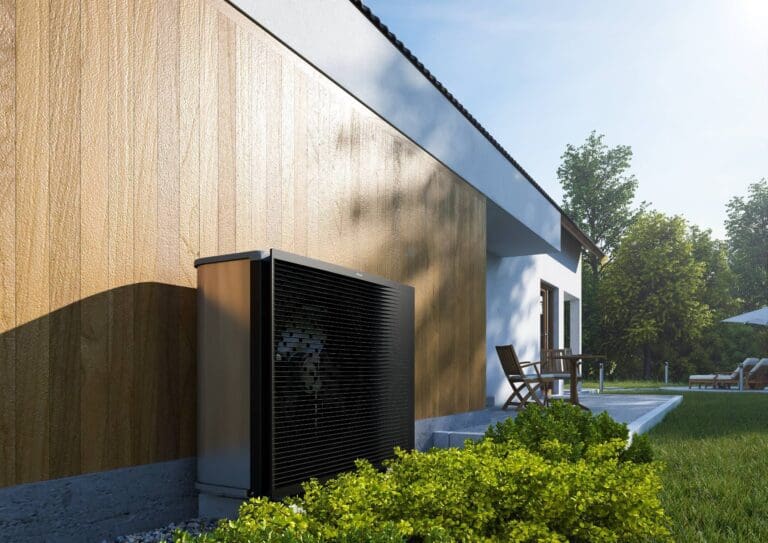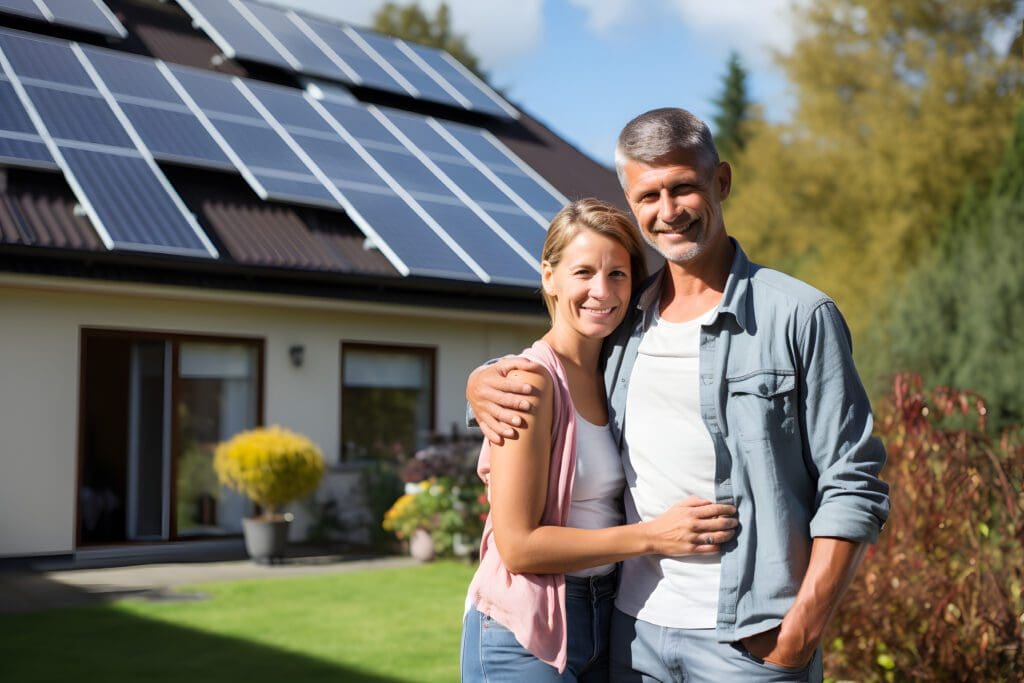-
+352 26 55 03 43+352 26 55 03 43
-
Monday - Friday: 8:00-12:00 13:00-17:00
-
ContactContact
Installing a heat pump (HP) has many advantages and can be an interesting option for heating and cooling your home. There are many reasons why you might consider installing a heat pump now, but be careful, there are criteria to analyze beforehand.

Energy efficiency: Heat pumps generally offer better energy efficiency, which can translate into long-term savings despite a higher initial cost.
Ecology: Heat pumps are more environmentally friendly, reducing the carbon footprint compared to traditional boilers.
Subsidies and incentives: In Luxembourg, subsidies and incentives are available to encourage the installation of ecological heating systems, which can mitigate initial costs.
There are several types of heat pumps, each suited to specific conditions and particular needs. Here is a list of the main types of heat pumps:

Versatility: HPs can be used for both heating in winter and cooling in summer. They offer an all-in-one solution for the thermal comfort of your home.
Comfort: Heat pumps provide uniform heating and efficient cooling, which can improve the comfort of your home. They are also often quieter than some traditional heating and cooling systems.
Longevity: HPs generally have a longer lifespan than some other heating and cooling systems. By regularly maintaining your heat pump, you can extend its lifespan.
Heat pumps are heating systems that exploit the energy present in the air, water, or ground to heat a space. Their growing popularity is attributed to their energy efficiency and low environmental impact. However, the initial installation cost can be a decisive factor for many homeowners.
The installation price of a heat pump varies depending on several factors, including the size of the house, the type of heat pump (aerothermal, geothermal, etc.), and the complexity of the installation. On average, the cost can range between 25K€ and 50K€ all-inclusive.
Although heat pumps require a larger initial investment, their increased energy efficiency and reduced environmental impact often make them a wise long-term choice for homeowners focused on sustainability and cost-effectiveness.

When installing a heat pump, several criteria must be considered to ensure its efficiency, durability, and suitability for your home’s specific needs. Here is a list of important criteria:
Type of Heat Pump: There are different types of heat pumps, such as air-to-air, air-to-water, geothermal, etc. Choose the type that best suits your location, climate, and heating needs.
House Size: The size of your house influences the required capacity of the heat pump. A professional should conduct an assessment to determine the appropriate power based on the area to be heated.
Thermal Insulation: The efficiency of the heat pump depends on your home’s insulation. Good insulation will reduce the heating load, which can affect the size of the required heat pump.
Outdoor Temperature: Outdoor temperature can influence the performance of heat pumps. Some models are more efficient than others in extreme cold conditions, while others can operate efficiently in milder climates.
Available Energy: Heat pumps can run on electricity, natural gas, oil, or other sources. Choose the type of energy that is most accessible and affordable in your area.
Heat Distribution System: The heat pump can be paired with underfloor heating, low-temperature radiators, or a ventilation system. Ensure that the distribution system is compatible with the chosen heat pump.
Regulation and Programming: Opt for a heat pump with advanced regulation features and time programming to optimize its operation according to your needs.
Maintenance: Heat pumps require regular maintenance. Ensure that you understand the maintenance requirements and commit to them to guarantee the durability and efficiency of your system.
Installation Costs: In addition to the initial cost of the heat pump, consider the installation costs, including any necessary modifications to your home.
Local Standards and Regulations: Comply with local standards and regulations for heat pump installation. Some places offer tax incentives or subsidies to encourage the use of energy-efficient technologies.

Hiring an experienced company like Marques Confort, present in Luxembourg since 2002, for the installation of a heat pump offers numerous advantages, essential for ensuring the efficient and durable operation of your heating system.
Discover the reasons to hire a long-established company for the installation of a heat pump: